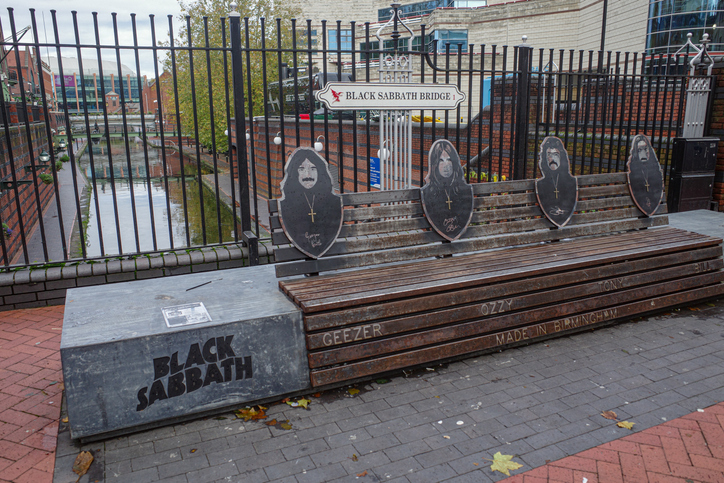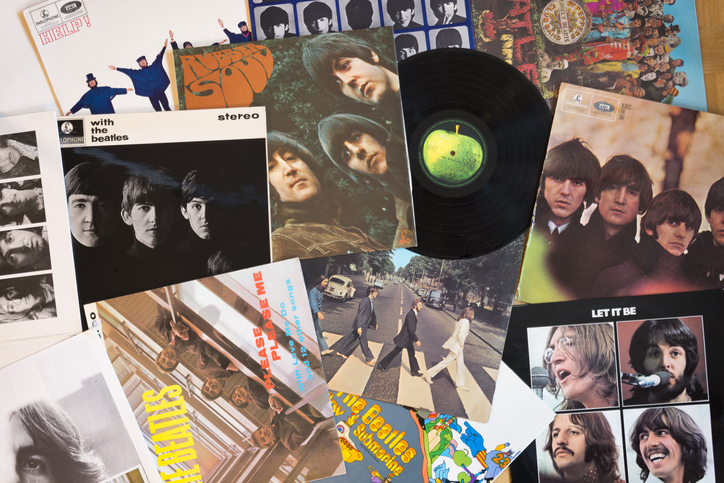It’s been several weeks since the world said goodbye to Ozzy Osbourne, yet the “Prince of Darkness” continues to command headlines, inspire tributes, and ignite conversations about his place in music history.
In Birmingham, the city that gave birth to heavy metal, mourning has turned into celebration. Fans have organized candlelight vigils, cover band performances, and pop-up art exhibitions in honor of Ozzy’s life. His July 5 farewell performance at Villa Park is already being described as one of the most emotionally charged concerts in modern music—a send-off both intimate and monumental. Footage from the show continues to circulate online, with millions revisiting the moment Ozzy, seated on a throne, delivered his final vocals to the city that started it all.
Meanwhile, tributes from the industry keep pouring in. Rock and metal veterans have used social media and live performances to pay homage, often covering Black Sabbath classics in their sets. Elton John, Gene Simmons, Jason Momoa, and Rod Stewart are among those who have spoken publicly about the profound influence Ozzy had—not just as a musician, but as a cultural force who blended shock, humor, and heart into one unforgettable persona.
The official funeral procession through Birmingham, which drew tens of thousands into the streets, has already become part of local lore. The stops along the route—his childhood home, the Black Sabbath Bridge, the Navigation Street mural—created a living timeline of a career that reshaped rock music forever. Even the Band of the Coldstream Guards joined in, performing “Paranoid” at Buckingham Palace, a surreal nod to Ozzy’s wide-ranging cultural reach.
Not all posthumous attention has been solemn. Jack and Kelly Osbourne have taken to public platforms to defend their father’s legacy. Jack responded sharply to Pink Floyd’s Roger Waters after dismissive comments about Ozzy’s artistry, calling Waters “pathetic” and “out of touch.” Kelly expressed frustration with WWE over a tone-deaf on-air reference to her father’s death. These moments highlight not just the family’s grief, but their commitment to preserving Ozzy’s name with dignity.
Commercially, interest in Ozzy’s work has surged. Streams of Black Sabbath and solo tracks have spiked, and memorabilia sales are booming. There is growing discussion about reviving Ozzfest as a permanent touring tribute, with Sharon Osbourne reportedly exploring opportunities to make it a global celebration of heavy metal’s roots and future.
Beyond sales and headlines, perhaps the most enduring development is the renewed appreciation for Ozzy’s humanity. For decades, he was often caricatured—the bat incident, the reality-TV eccentricities—but the weeks since his passing have shifted focus toward his resilience, vulnerability, and generosity. From publicly sharing his battles with addiction and Parkinson’s to mentoring younger musicians, Ozzy’s story now feels less like chaos and more like courage.
As the music world adjusts to life without its most infamous frontman, one thing is certain: Ozzy Osbourne may be gone, but his spirit is louder than ever. His songs, his attitude, and his unrelenting authenticity will keep shaping music—and inspiring mischief—for generations to come.




